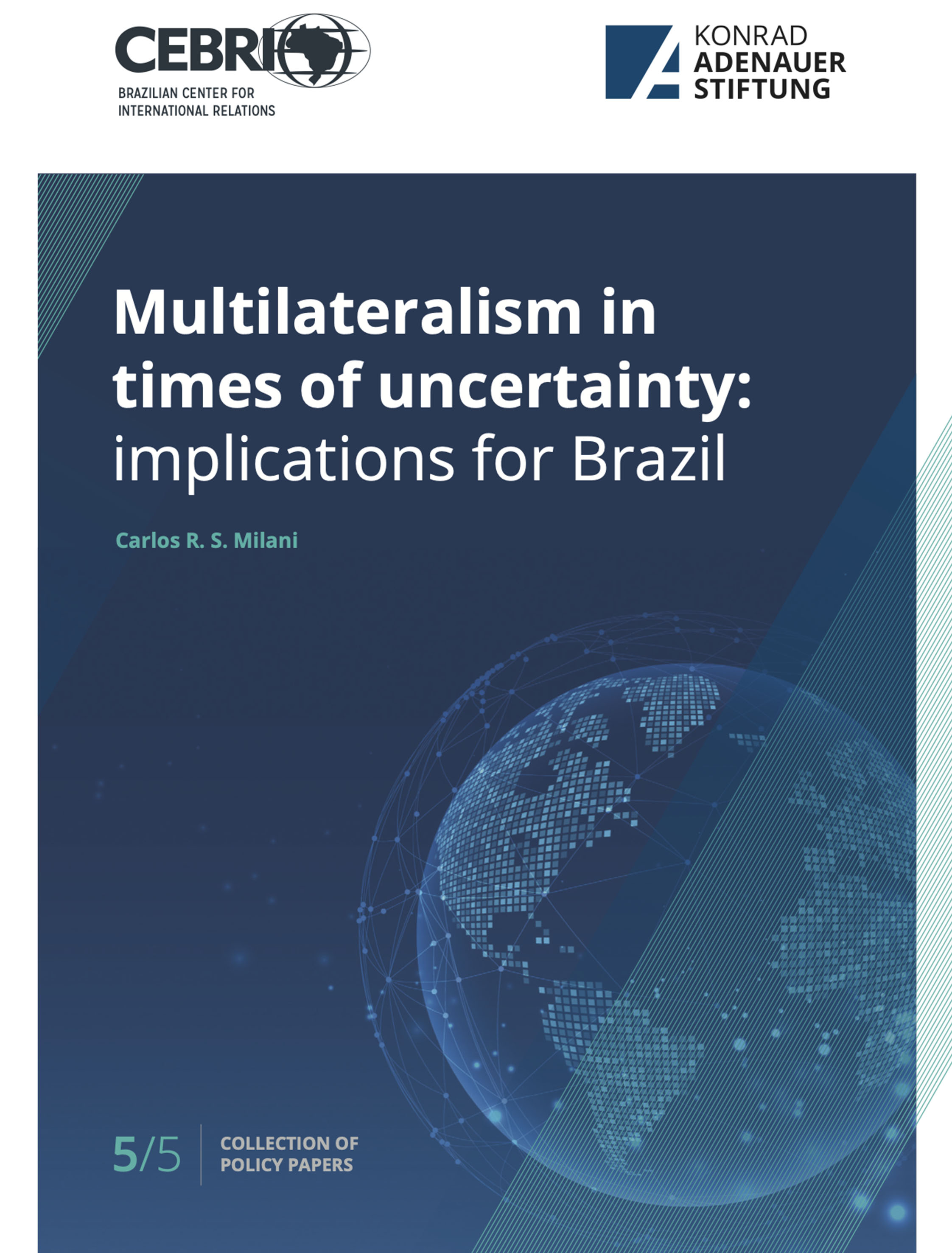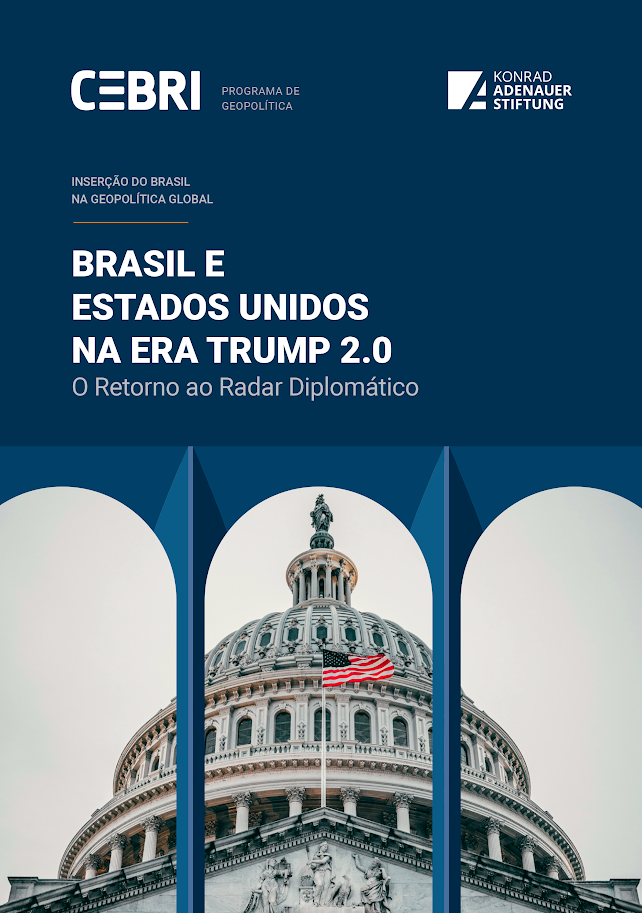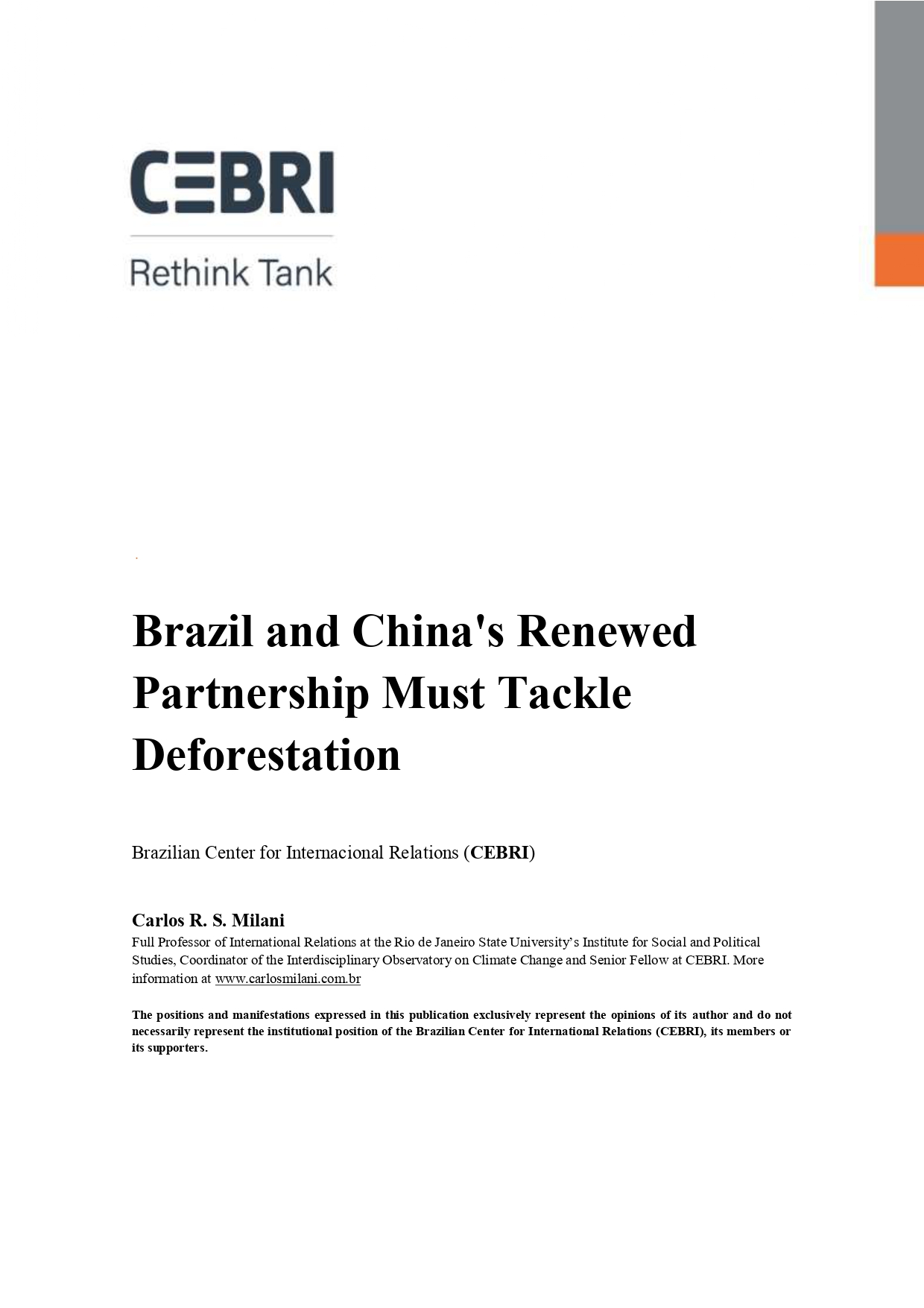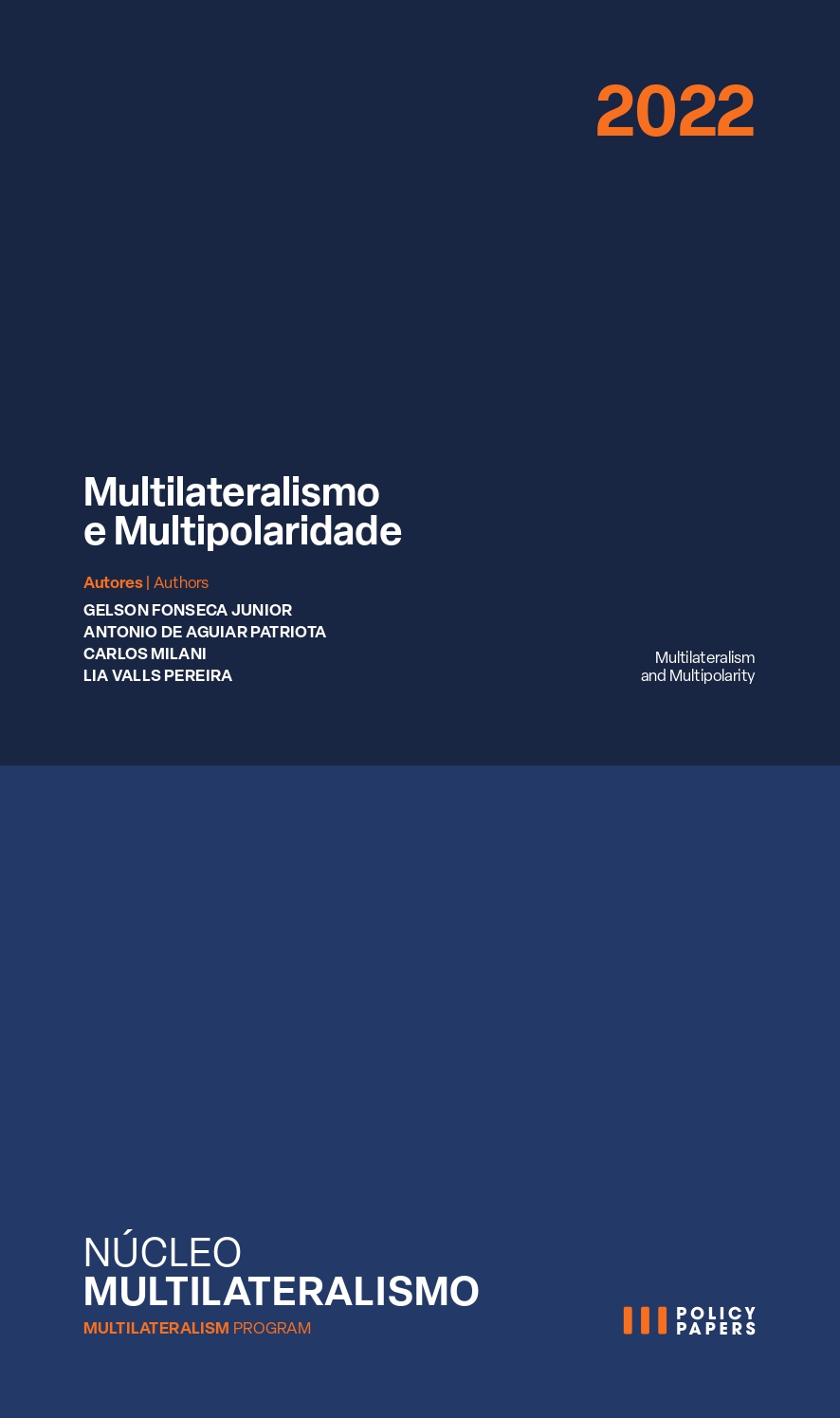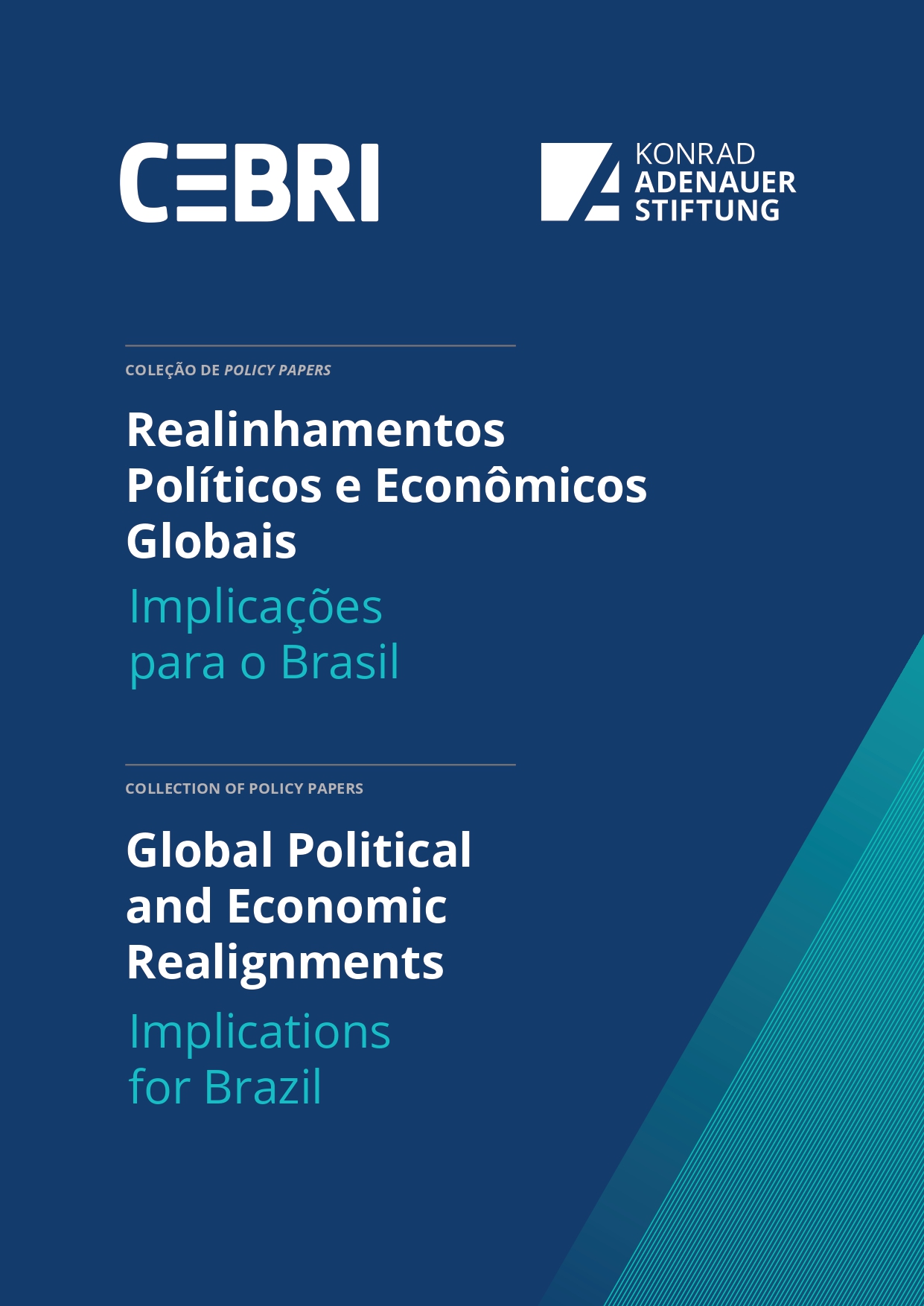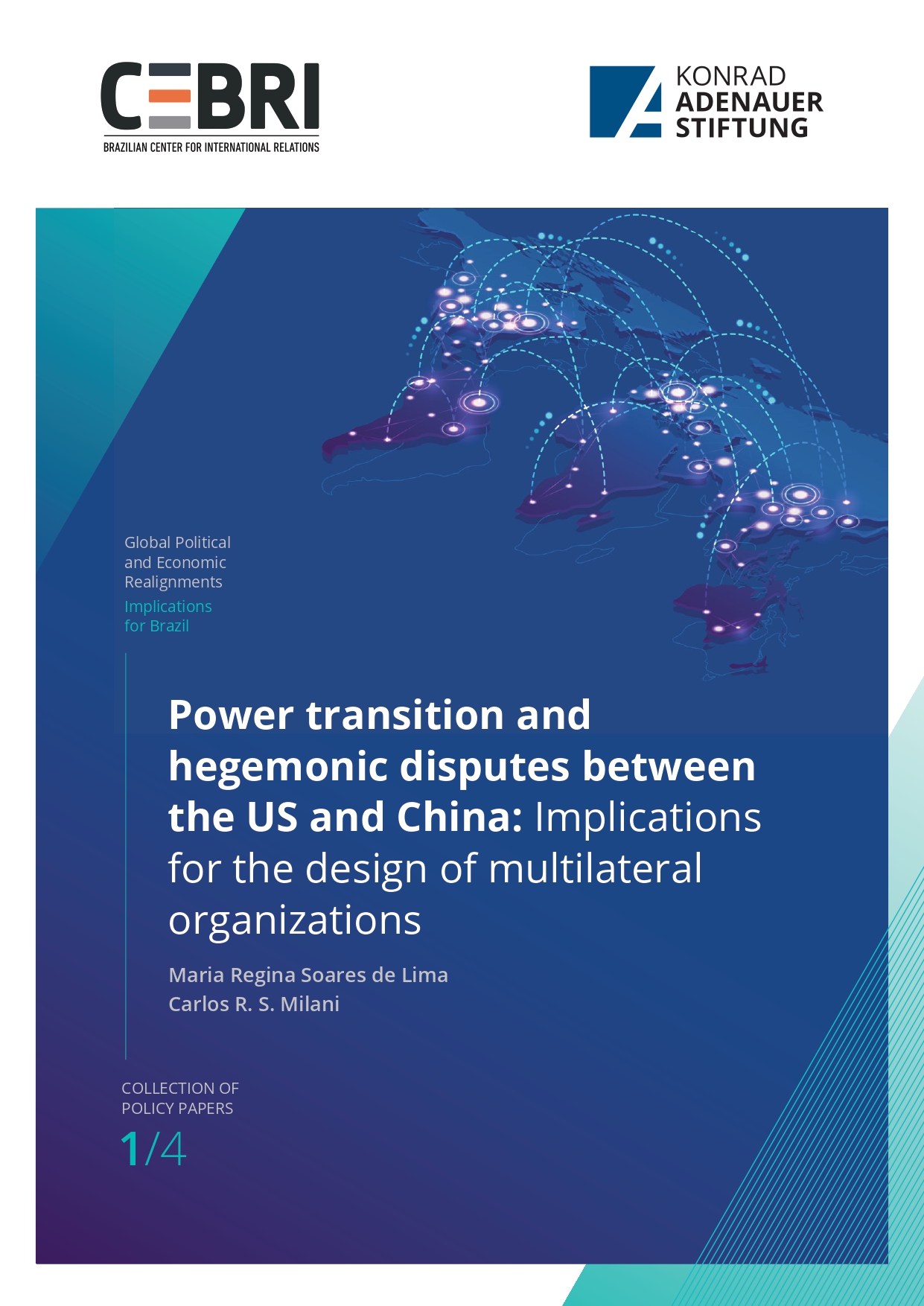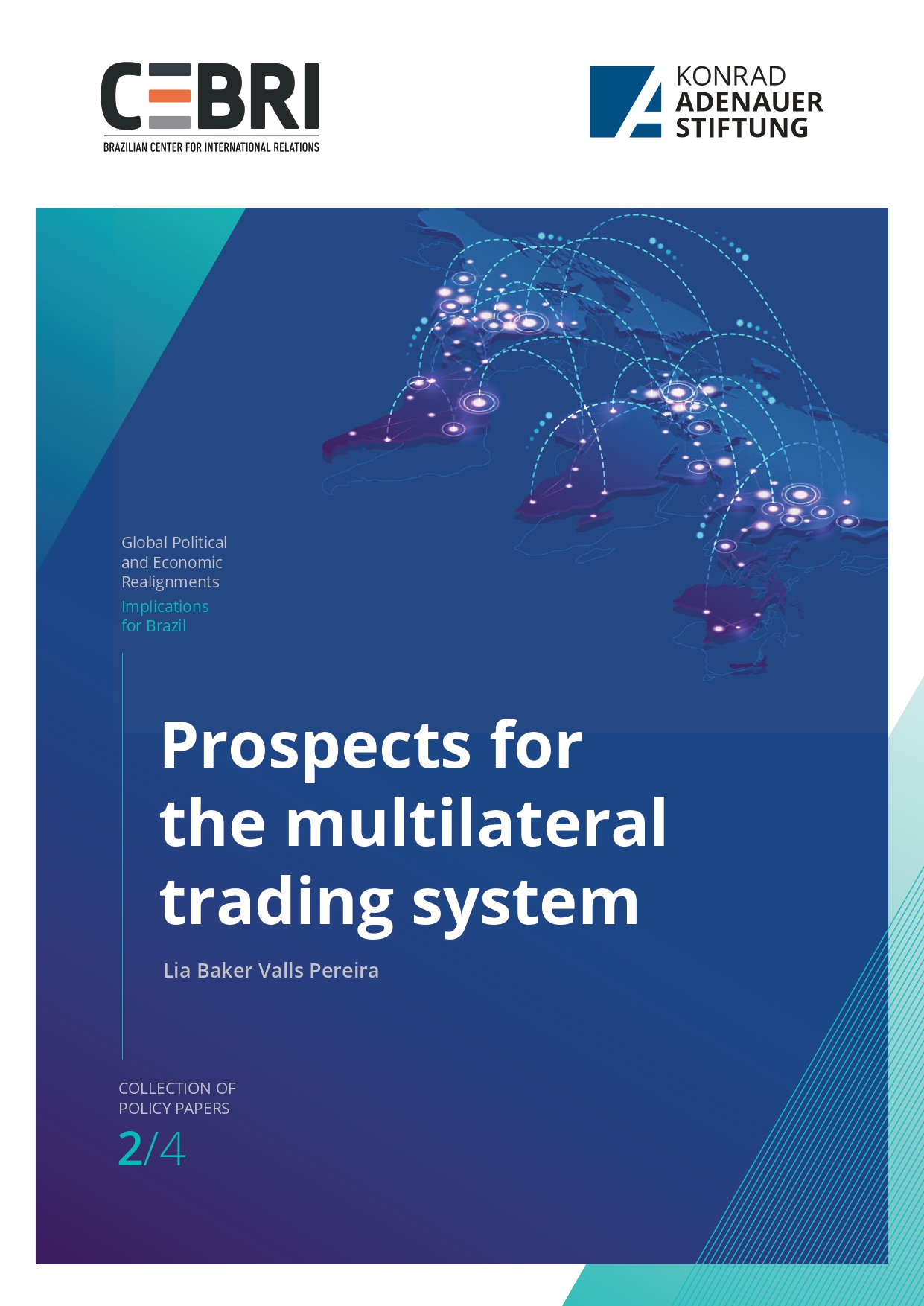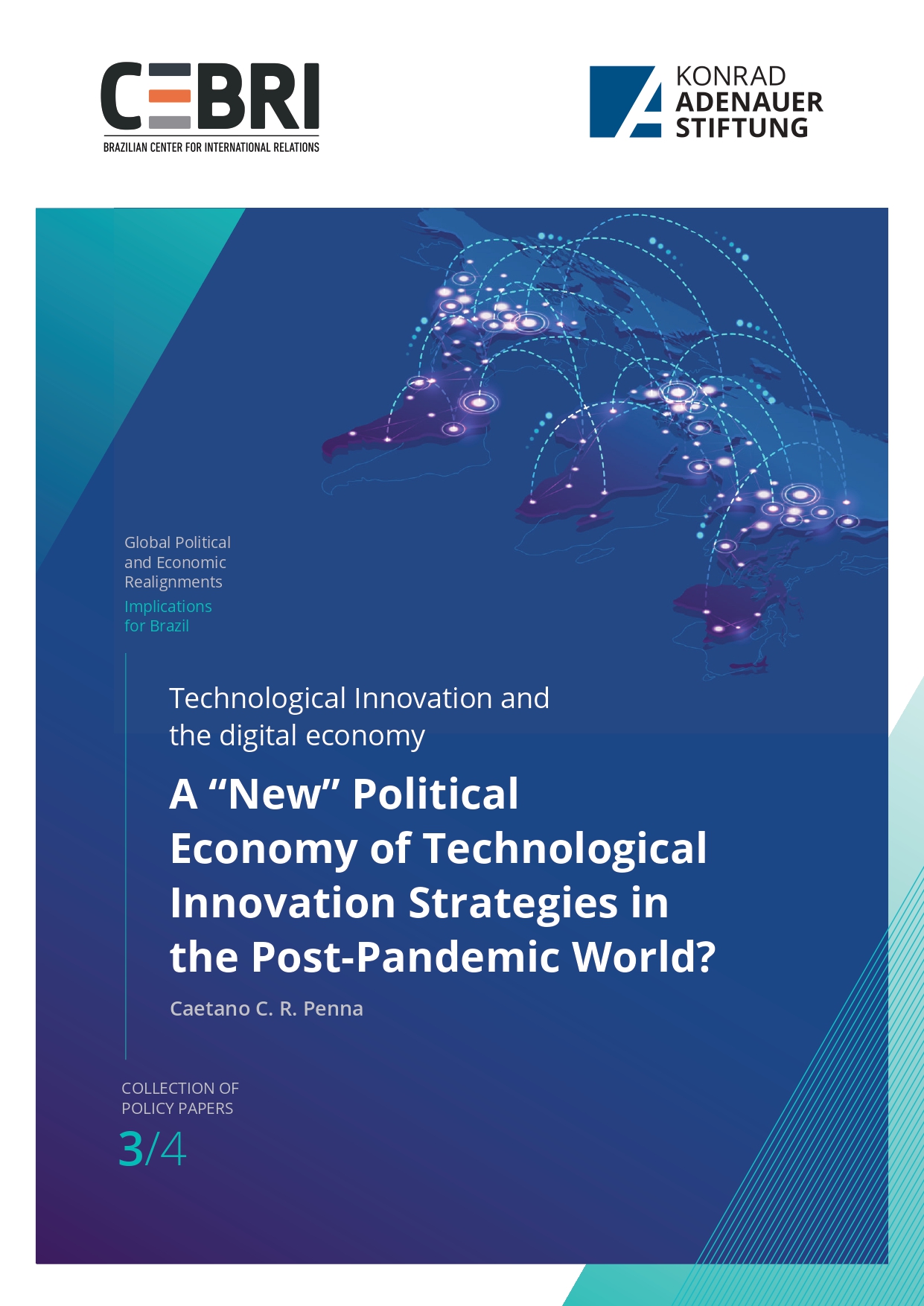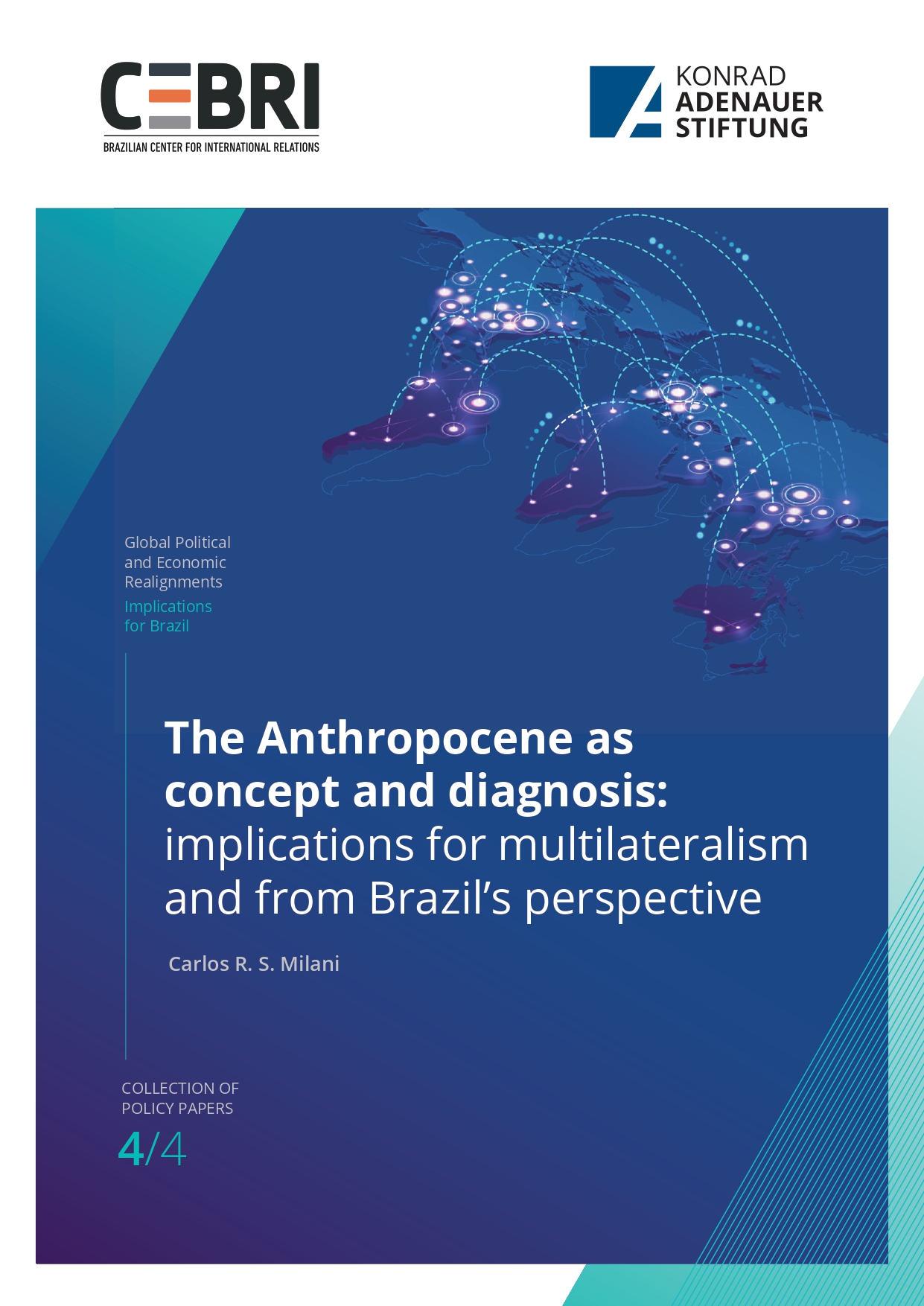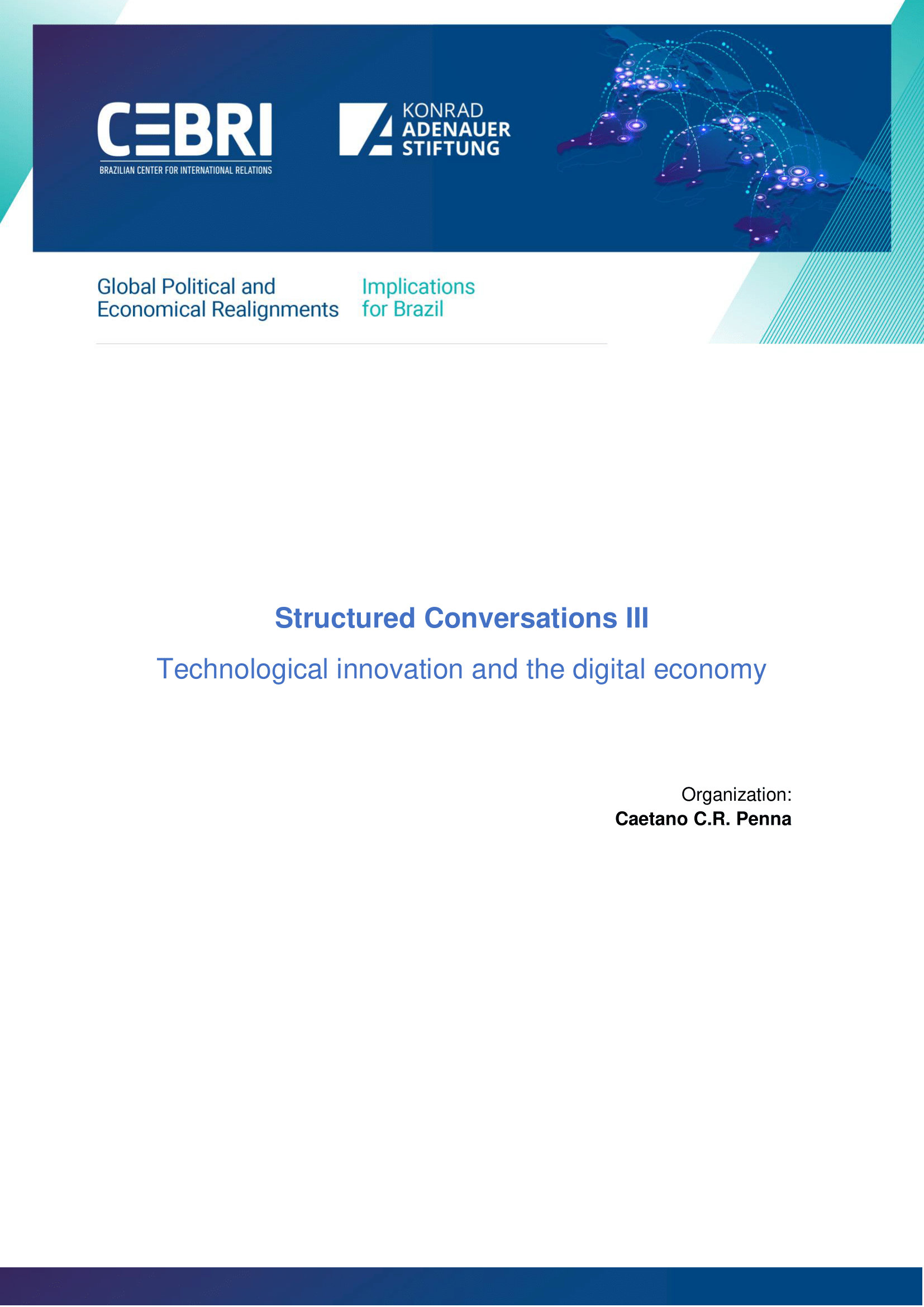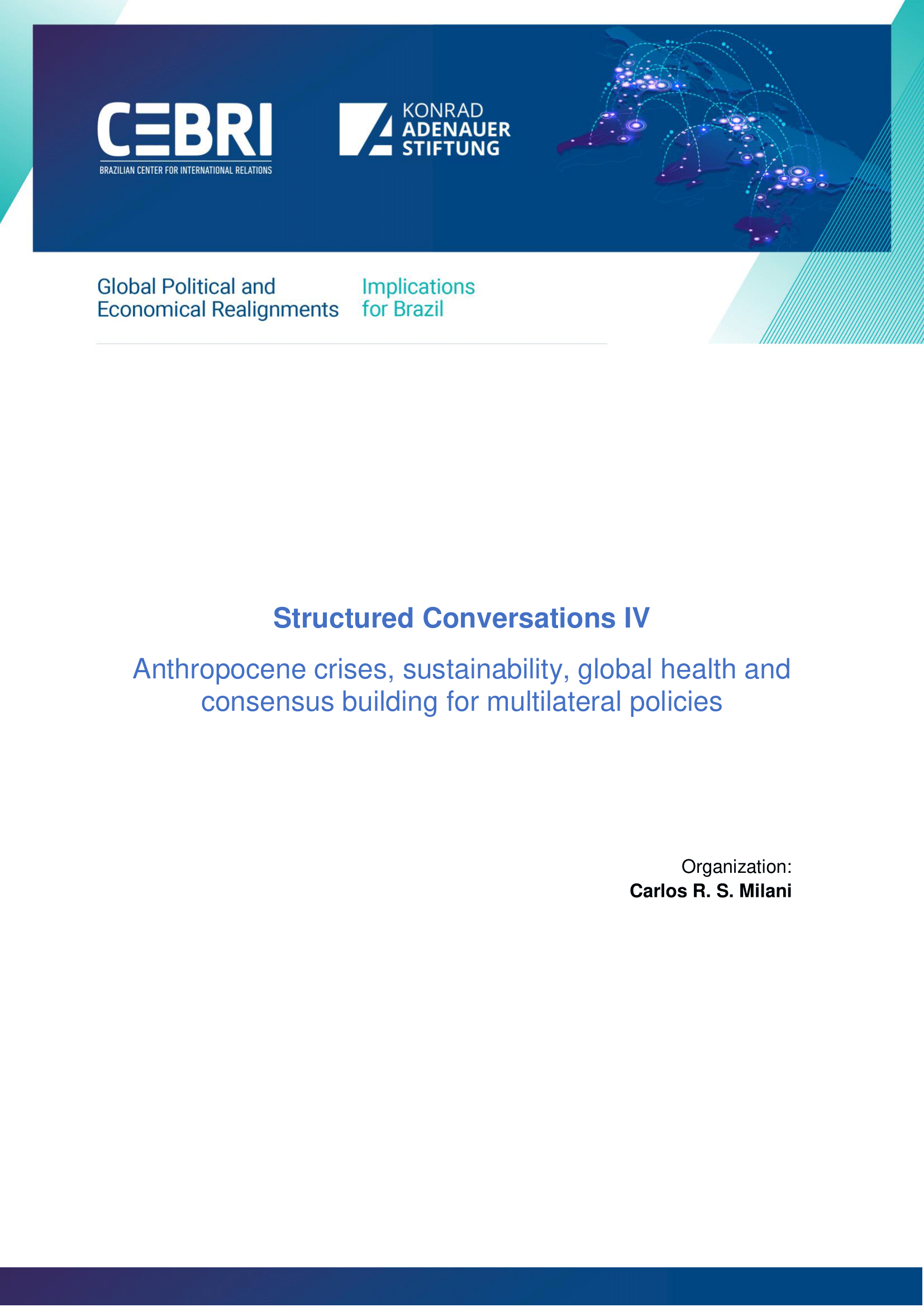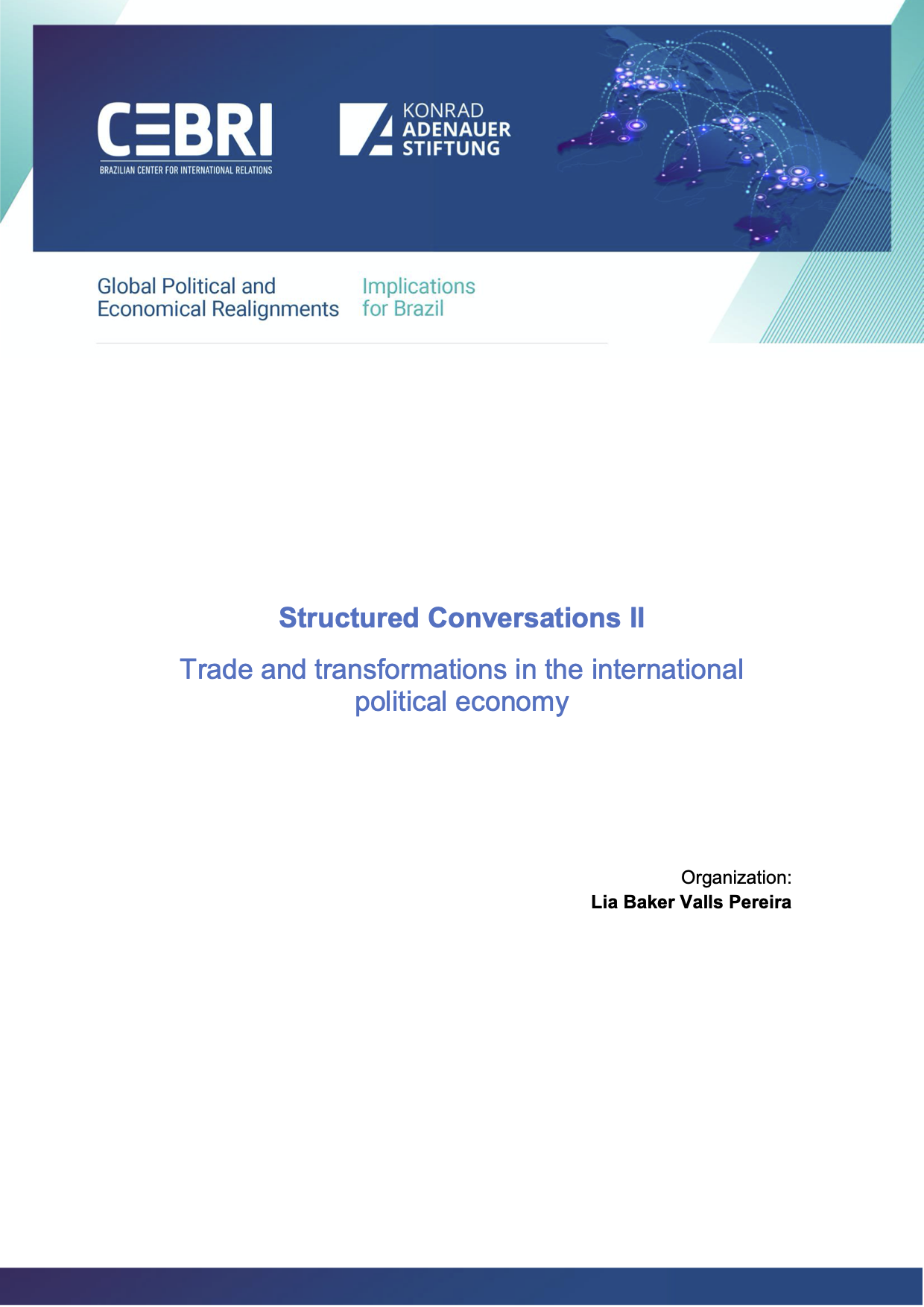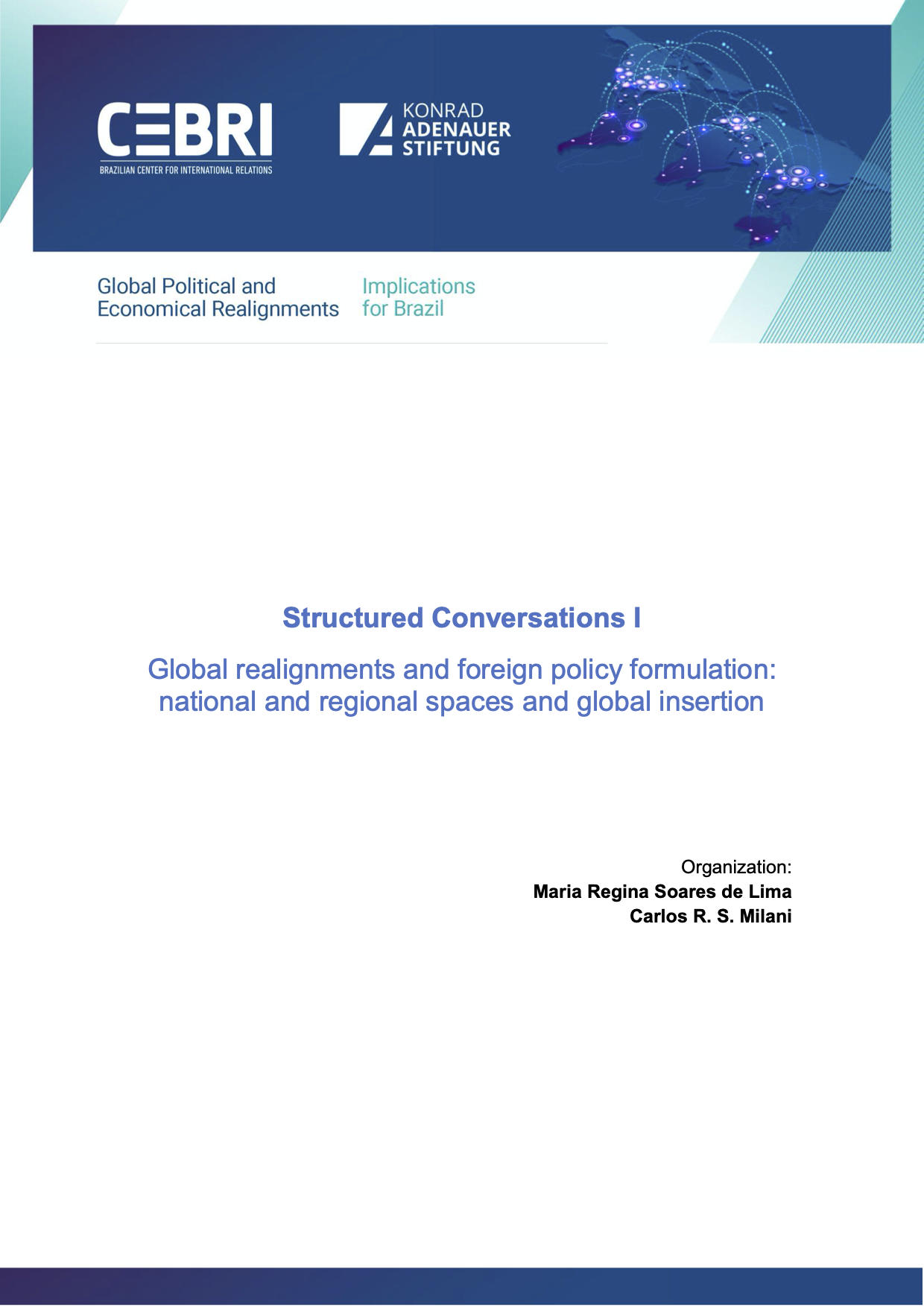Policy Papers
Multilateralism in Times of Uncertainty: Implications for Brazil
- Multilateralism
- 31 december 2020
International Politics: Reorientation of Multilateralism in partnership with the Konrad Adenauer Foundation.
Multilateralism in Times of Uncertainty: Implications for Brazil
Covid-19 emphasized pre-existing contradictions and vulnerabilities in national social systems and in the international scenario already affected by economic, financial, environmental, energy, social, political and military uncertainties and risks. The political reconstruction of global multilateralism, including for the purpose of preparing international organizations, states and societies to provide effective responses to future crises (environmental, climate, health, financial, etc.), presupposes, firstly, confronting the current crisis of democracy in the domestic political sphere of many countries in the West and South; secondly, it implies dealing with the necessary redefinition of the relationships between nature, society, the state and the market in the implementation of public policies for sustainable development at the national and international levels.
As Carlos Milani points out, “the virus did not distinguish between individuals, groups, social classes and nations, but socioeconomic inequalities, cultural and behavioral differences, as well as pre-existing state capacities caused the virus to generate different effects.”
This publication, the last of a series of five policy papers, summarizes the uncertainties present in the international scenario to four macro phenomena that, associated with each other, reflect the main central realignments currently underway in the global order and that challenge the ability of multilateral organizations to adapt and innovate. They are: The US-China hegemonic disputes; trade, technology and finance in the international political economy; the crisis of democracies at the center and on the periphery of the international system; and the Anthropocene, the climate emergency and the Covid-19 pandemic. In addition, the implications for the development of these four macro phenomena for Brazil's international insertion are addressed.
International Politics: Reorientation of Multilateralism in partnership with the Konrad Adenauer Foundation.
Multilateralism in Times of Uncertainty: Implications for Brazil
Covid-19 emphasized pre-existing contradictions and vulnerabilities in national social systems and in the international scenario already affected by economic, financial, environmental, energy, social, political and military uncertainties and risks. The political reconstruction of global multilateralism, including for the purpose of preparing international organizations, states and societies to provide effective responses to future crises (environmental, climate, health, financial, etc.), presupposes, firstly, confronting the current crisis of democracy in the domestic political sphere of many countries in the West and South; secondly, it implies dealing with the necessary redefinition of the relationships between nature, society, the state and the market in the implementation of public policies for sustainable development at the national and international levels.
As Carlos Milani points out, “the virus did not distinguish between individuals, groups, social classes and nations, but socioeconomic inequalities, cultural and behavioral differences, as well as pre-existing state capacities caused the virus to generate different effects.”
This publication, the last of a series of five policy papers, summarizes the uncertainties present in the international scenario to four macro phenomena that, associated with each other, reflect the main central realignments currently underway in the global order and that challenge the ability of multilateral organizations to adapt and innovate. They are: The US-China hegemonic disputes; trade, technology and finance in the international political economy; the crisis of democracies at the center and on the periphery of the international system; and the Anthropocene, the climate emergency and the Covid-19 pandemic. In addition, the implications for the development of these four macro phenomena for Brazil's international insertion are addressed.
